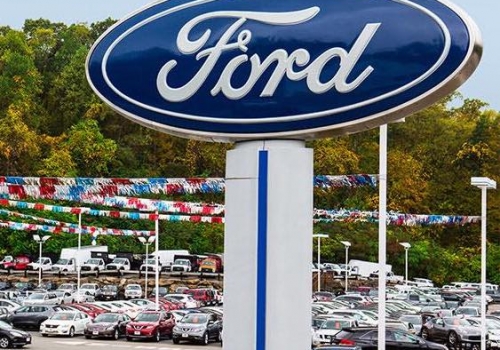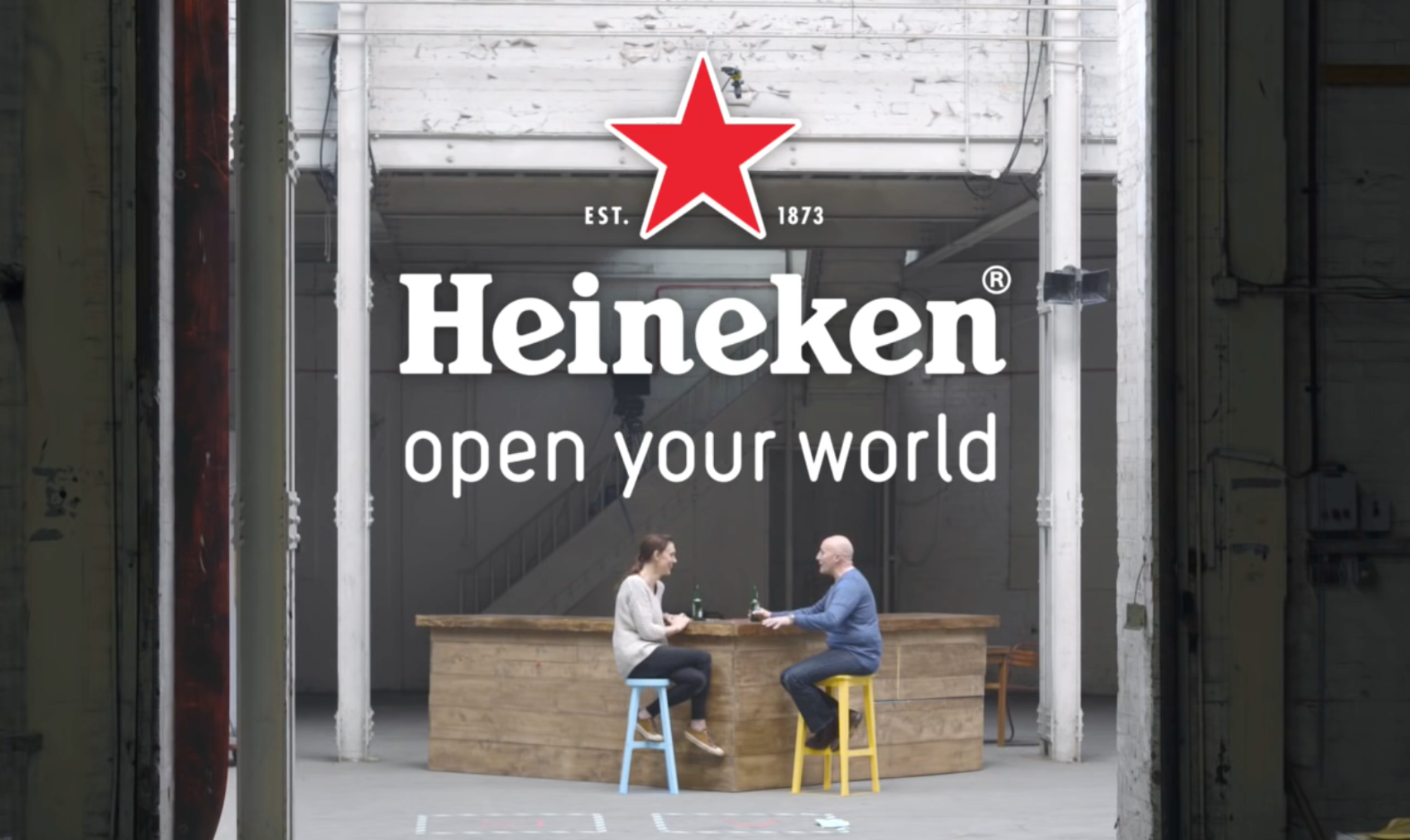
Remember him? The soup nazi from Seinfeld fame? Like 20 years ago? Well let me tell you a story. This is so crazy it’s taken me a couple of weeks to make sense of it. At first, I thought it was simply a textbook example of heinous customer experience, but upon further reflection, I realize this is a cautionary tale for brands trying to resist the disruption so abundant these days.
First, let me get you up to speed on the details as quickly as I can.
One morning, I called my local Ford dealership to have my Cmax serviced— the dealership where I bought it and have had it serviced numerous times. I was told they refused to service my car. REFUSED? I’m sorry, what?? The rep said there was a notation in my account not to service or sell me a car, because I had given a poor review on a comment card ONCE. But—and here’s the kicker—the manager would be willing to “give me another chance” and let me come in—but if I gave another bad review I’d be banned.
Not prone to speechlessness, I stumbled through the “can you please have your manager call me” conversation, and waited. About 20 minutes later the same rep called me back and said her manager refused to speak with me, and that now he refused to service my car, or sell me a new one because he “gave me a chance” and I’d wanted to speak with him instead. Oh you read that right—I was being punished for doing what 100% of consumers earning more than $150K say they do—leave a review for poor service. And I was being sent to my room for it.
The dealership obviously hounded me to fill out the card, hoping for a stellar review that would go back to corporate, make them look good to the boys upstairs, and the earth could keep spinning on its axis. But when that mechanism—the review—was used for its true and proper use—honest feedback—well, that was changing the rules, and they were having none of it.
They only saw that the review “looked bad” for them, not that one of their customers had taken time out of a busy day to give them a glimpse into their brand experience. Nor that 92% of consumers now say they read reviews online. No, this was a threat to their word view, one that required swift and heavy-handed action. Like the proverbial ostrich with its head in the sand, the manager (whose name is Doug Curtis BTW, in case you are local) decided not only to ignore the vast changes happening in consumer buying behaviors, but to actively fight against them. To paraphrase Jim Croce: “You don’t spit into the wind, you don’t pull the mask off the old Lone Ranger and you don’t mess around with…” the newly empowered consumer.
Review culture, or as the authors of Absolute Value call it, “The Influence Mix” of consumer-generated reviews, external expert opinions and price comparison tools in our pocket has transformed not only how we buy, but what we buy. Airbnb would not be feasible without the 2-way review system. Uber actually rewards customers with good reviews. A full 38% of shoppers start their online product search at Amazon (Google is only 35%) and when asked why, “reviews” ranks higher than even “free shipping” as the reason. This is nothing new—recommendation from a friend has always been the top decision driver. It’s just that now we all have millions of friends all over the world, and while we might not want to have them over for dinner, we sure trust “LauraLynn128” more than we trust some marketing- approved, legal-sanctified ad copy.
Interestingly, I’d forgotten I’d given them a poor review, for two reasons: 1: Reviewing, and doing it honestly, has become so second nature—I almost view it as my civic duty—it didn’t register as out of the ordinary. And 2: I never got a phone call to get more information, try to make things right—heck—tell me I was wrong. Nothing. Our friend Doug was so confident in the Ford brand, as well as the brand of his particular dealership, that he deemed it uneccesary to actually dig deeper and CARE.
Brands today do this at their peril. Needless to say, not only will I never go back to that dealership (sounds like they might have my picture on all the registers anyway), but I will also never buy another Ford. In fact, my impression of the brand has changed so dramatically, I am thinking about selling the Ford I have—this is obviously no longer “a brand for me” as the brand tracking study might ask. Yes, I realize that the auto dealership model limits the control Ford corporate has over its brand, but let’s be honest, customer experience is king, and this is no way to treat royalty.
Disruption abounds. Brands can no longer calibrate and control brand message completely. Selling models and business models are changing daily. It is incumbent upon brands and their stewards to recognize and adapt to change. Punishing customers for acting like customers is simply not a sustainable strategy—the soup nazi is a relic of a simpler time, but is simply not tenable today. And brands that emulate that behavior will pay the price.
Sources: Vendasta, Power Reviews




